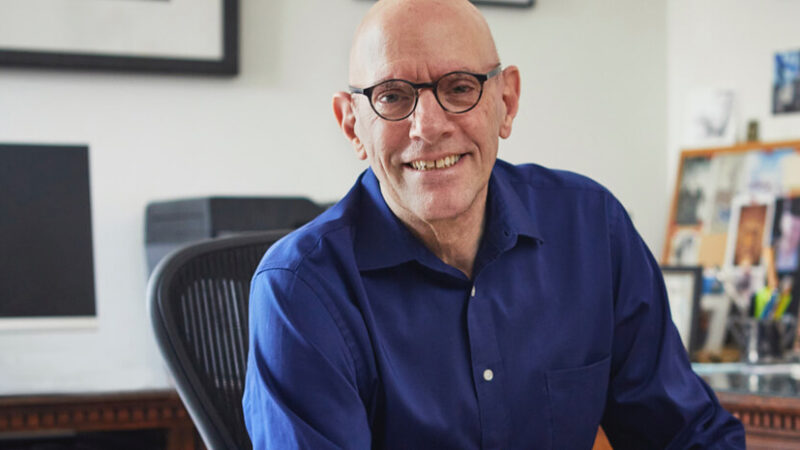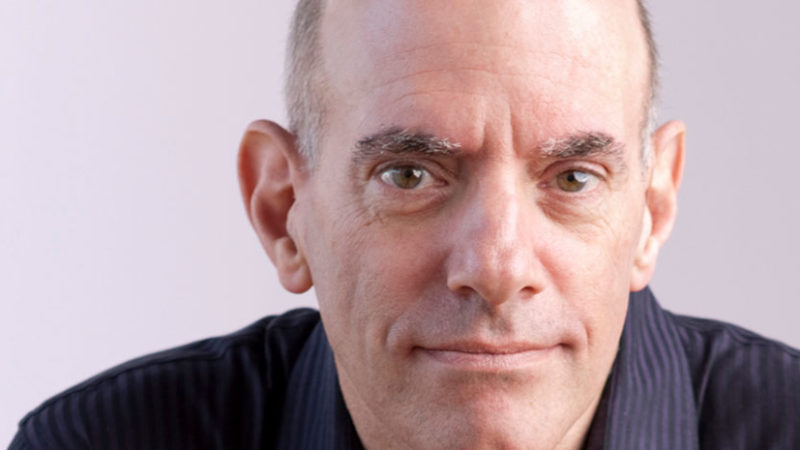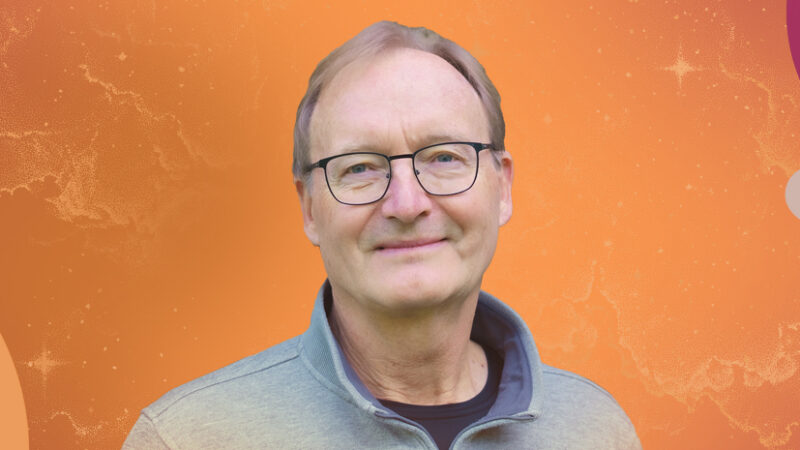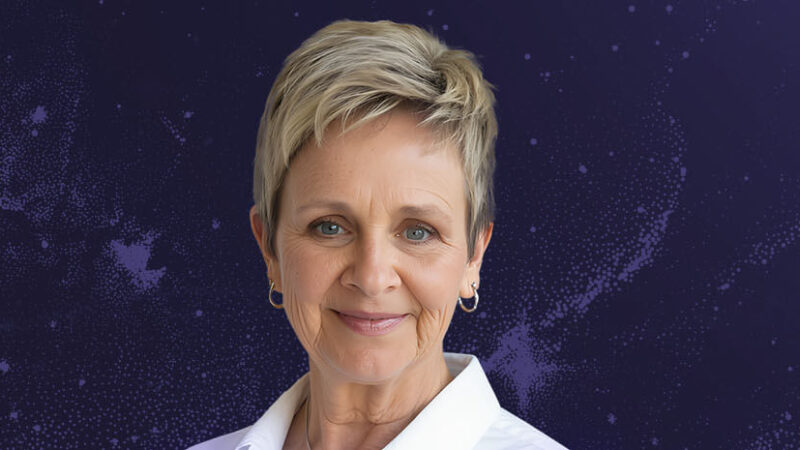
In Love with the World
There is no end to love. We may tear ourselves away, or fall off the cliff we thought sacred, or return one day to find the home we dreamt of burning. But when the rain slows to a slant and the pavement turns cold, that place where I keep you and you and all of you—that place opens, like a fist no longer strong enough to stay closed. And the ache returns. Thank God. The sweet and sudden ache that lets me know I am alive. The rain keeps misting my face. What majesty of cells assembles around this luminous presence that moves around as me? How is it I’m still here? Each thing touched, each breath, each glint of light, each pain in my gut is cause for praise. I pray to keep falling in love with everyone I meet, with every child’s eye, with every fallen being getting up. Like a worm cut in two, the heart only grows another heart. When the cut in my mind heals, I grow another mind. Birds migrate and caribou circle the cold top of the world. Perhaps we migrate between love and suffering, making our wounded-joyous cries: alone, then together, alone, then together. Oh praise the soul’s migration. I fall. I get up. I run from you. I look for you. I am again in love with the world.
Journal Questions to Work With
These journal questions have been gathered over the years from my own exploration of journaling and from my work as a teacher. They are starting points, dive spots if you will. Feel free to change them, combine them, undress them, and to voice questions of your own that these might stir, questions that might feel more relevant to what you’re going through. These questions are invitations to better know yourself and to better relate to the currents of life. Each is a chance to personalize all that we have to face.
- Describe your commitment to the ones you love. Under what conditions would you stop loving?
- What kind of care is necessary to create love, maintain love, and protect love?
- Describe the combination of care, freedom, knowledge, and need that makes up the kind of love you value? How is this different from the love you feel able to give?
Looking for more great reads?
Excerpted from Things that Join the Sea and the Sky by Mark Nepo.
 Mark Nepo is a poet and philosopher who has taught in the fields of poetry and spirituality for over 35 years. A New York Times #1 bestselling author, he has published 13 books and recorded eight audio projects. Mark has been interviewed twice by Oprah Winfrey as part of her Soul Series radio show, and was interviewed by Robin Roberts on Good Morning America. As a cancer survivor, Mark devotes his writing and teaching to the journey of inner transformation and the life of relationship. Mark’s work is widely accessible and used in spiritual retreats, healing and medical communities, and more. His work has been translated into 20 languages, and he continues to offer readings, lectures, and retreats.
Mark Nepo is a poet and philosopher who has taught in the fields of poetry and spirituality for over 35 years. A New York Times #1 bestselling author, he has published 13 books and recorded eight audio projects. Mark has been interviewed twice by Oprah Winfrey as part of her Soul Series radio show, and was interviewed by Robin Roberts on Good Morning America. As a cancer survivor, Mark devotes his writing and teaching to the journey of inner transformation and the life of relationship. Mark’s work is widely accessible and used in spiritual retreats, healing and medical communities, and more. His work has been translated into 20 languages, and he continues to offer readings, lectures, and retreats.












